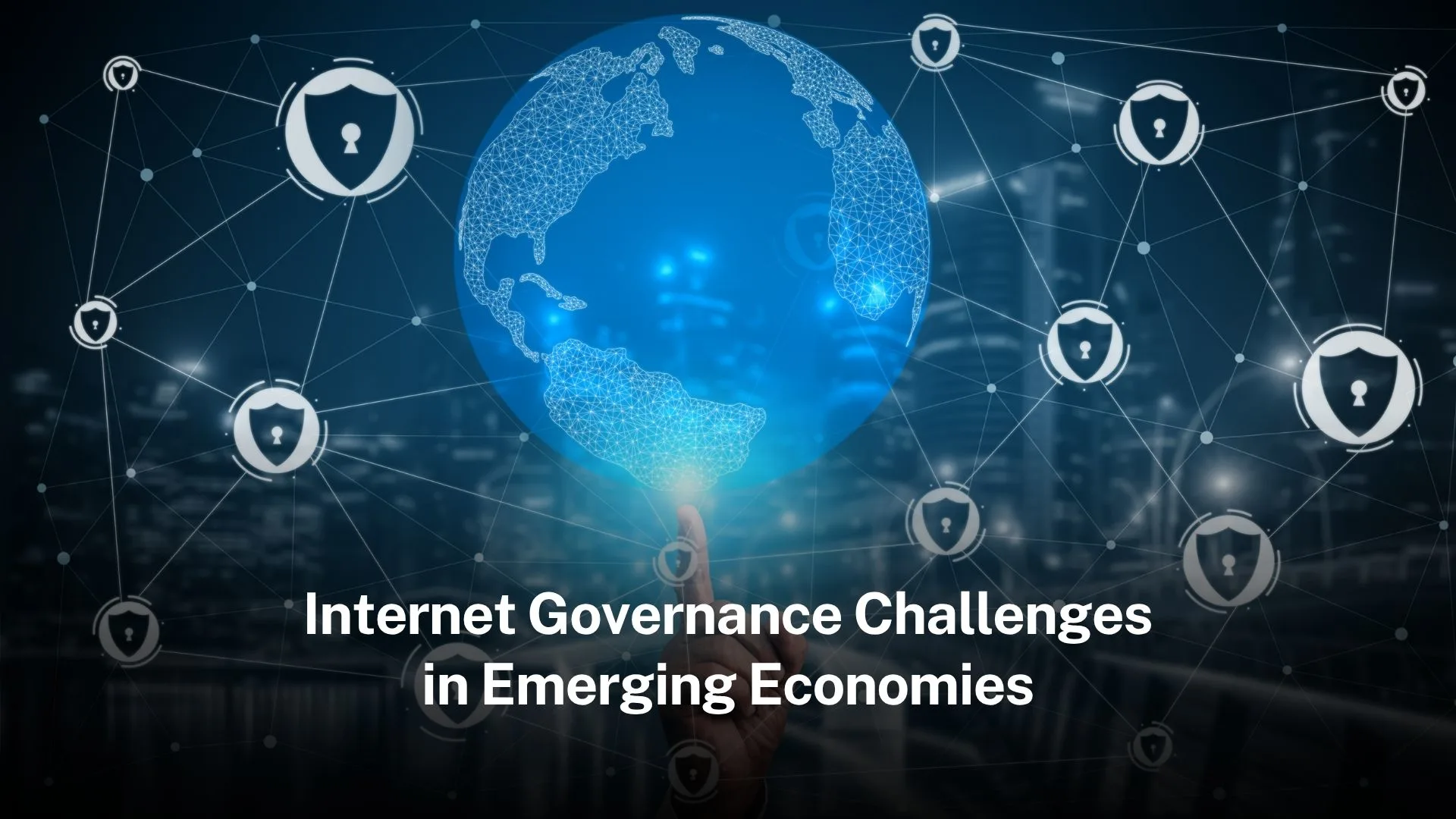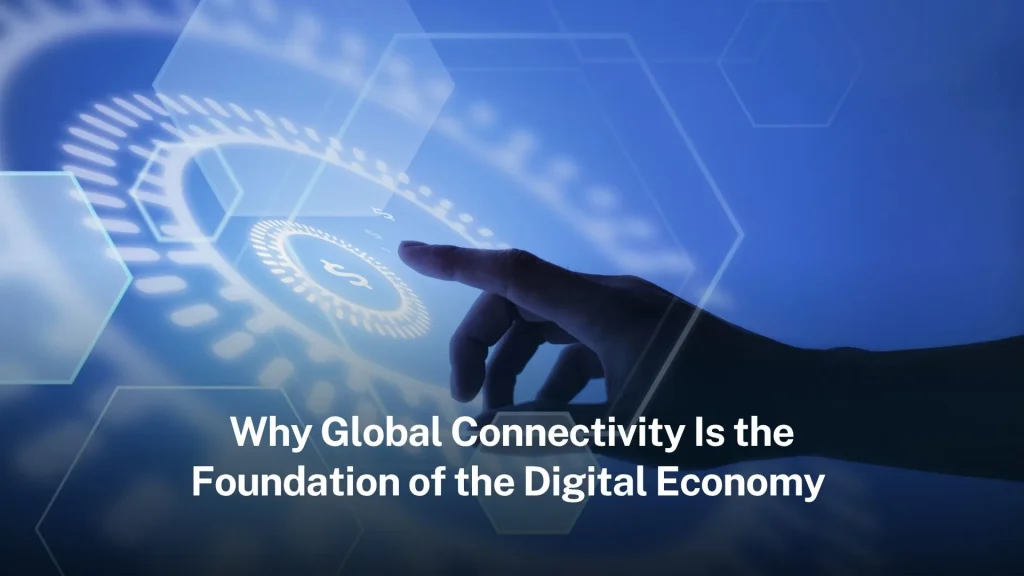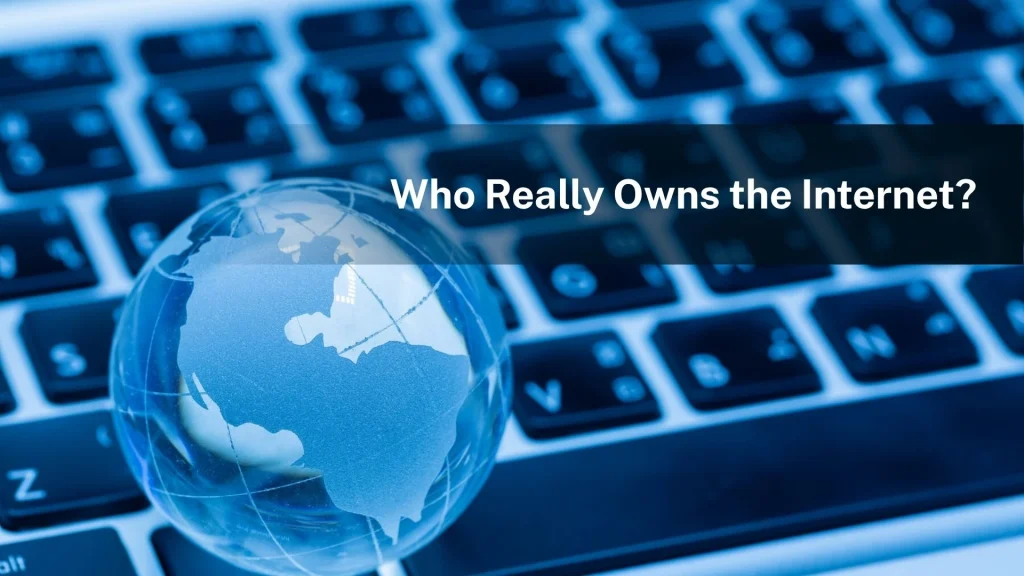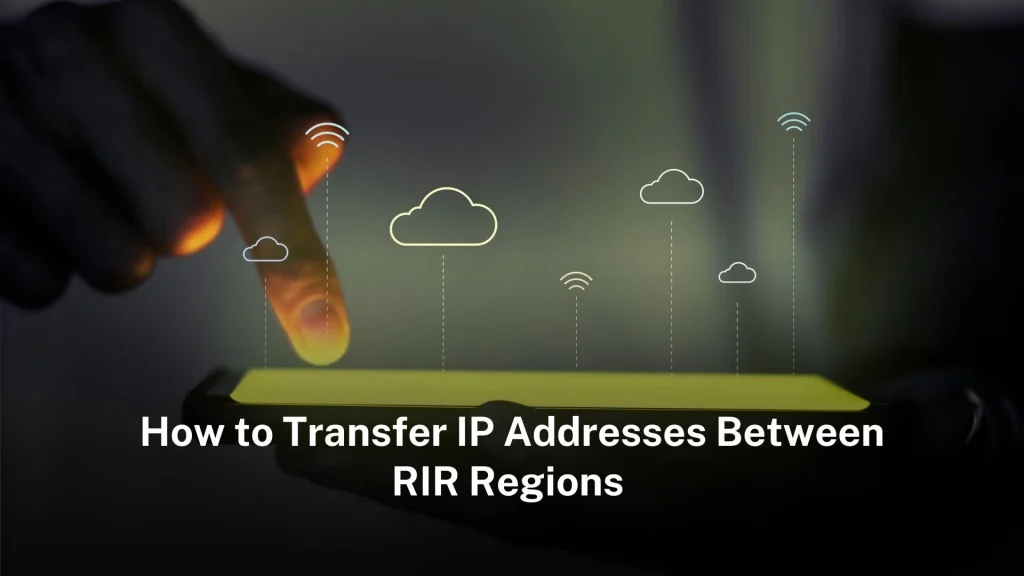Infrastructure and digital divide challenges
Internet governance is the development and application of shared principles, norms, rules, decision-making procedures, and programs that shape the evolution and use of the Internet. The challenges to developing countries are enormous and include the need to build infrastructure, laws, and institutions while keeping pace with rapid technological change. Many countries in Latin America, Africa, South Asia, and Southeast Asia face challenges such as inadequate broadband coverage, low digital literacy, fragile regulatory environments, and schisms between local control and global norms. The issues they face are having impact on free speech, innovation, economic growth and citizens’ rights.
Developing countries also exist in a world system in which much of the internet’s infrastructure, standards, protocols, and governance have traditionally been the purview of developed countries. That legacy can limit how well local actors participate or influence decisions that affect them. As R. Subramanian writes in Internet Governance: A Developing Country Perspective, “the perceived hegemony of the developed West regarding the governance of the Internet is increasingly facing challenges from developing countries.” CSUSB Scholar Works Emerging nations must contend with this legacy while pushing for more equitable participation, adapting rules to local needs and protecting public interest.
In the following sections we examine major challenges to internet governance in emerging economies: infrastructure and access gaps, weak regulatory frameworks, capacity and participation deficits, sovereignty versus openness tensions, and data control and privacy pressures. We also survey reform directions that show promise for these nations.
Among the most conspicuous problems in the developing world is poor infrastructure. Some areas have no dependable broadband, fibre or even electricity. The World Bank states that a third of the world’s population, 2.6 billion people, was still living offline in 2023, largely residing in low-income nations. World Bank that lack of connection constrains citizens from participating in governance processes that happen online.
The digital divide is not only about physical access but also about quality of access. In many places, even where connectivity exists, speeds are low, costs are high and latency is poor. As Brookings notes, over half the world lacks high speed broadband access, which limits use for education, telehealth or remote work. Brookings The mismatch between infrastructure and demand means governance systems relying on digital platforms may exclude large swathes of population.
Communities in the countryside and far away from the centre of power often suffer the most. In many countries good coverage can be found in urban areas, while rural ones are left in the dark. Within countries, income, gender, age and urban/rural inequalities further exacerbate the gap. The digital divide is used as a tool for non-inclusive access to governance, services and rights. As one commentary puts it: “the digital divide keeps societies from reaping all the benefits that information and communication technologies can bring.”
Therefore developing countries face the double challenge of constructing the backbone infrastructure, and simultaneously making it realistic to talk about meaningful access, in terms of affordability, local content, digital literacy, so that internet governance could talk about all voices, and not only elites.
Weak legal frameworks and regulatory capacity
Another related challenge is that many developing country legal and regulatory regimes do not adequately cover the internet. Issues like data protection, content moderation, cybersecurity policy and Internet intermediaries appear to be either poorly or not at all regulated. Some countries draft laws in a reactive fashion after a crisis rather than within a structured policy framework.
Such blind spots provide space for opacity, censorship, surveillance, or regulatory capture by powerful actors. In some locations, authorities declare themselves to have sweeping control of all Internet content or infrastructure for national security reasons. And that can undermine free speech and contribute to distrust. Developing countries need to walk a fine line between controlling in the public interest or excessively controlling so as to stifle innovation and the potential for dissent.
Another complication is that capacity—technical staff, resources, expertise—is often insufficient to allow regulators to move at the pace of technologies. How do rules keep up with cloud computing, AI, cross-border data flows, or platform liability? Without institutional strength, laws may exist on paper but fail in enforcement.
Emerging economies are also affected by global digital governance norms and interoperability requirements. They can be derived from or based on standards of bodies such as ICANN, IETF, IGF among others. That places demands on national bodies for local policy development and formulation that is consistent with global policy to the extent possible without compromising local needs.
Therefore, regulatory weakness and limited national institutional capacity is a significant obstacle to fair, sustainable and responsible internet governance in developing countries.
Deficit in stakeholder capacity and participation
Internet governance is most effective when multiple stakeholders—government, private sector, civil society, technical community—participate. In emerging economies that multistakeholder model often struggles. Civil society and academia may lack organizational capacity or resources to engage fully. Technical actors may not be well connected to policy forums.
Many emerging economies also lack strong local institutions to convene dialogue, set agendas or mediate conflict. There is potential for forums to be dominated by government or large corporations. Marginalized voices such as rural communities, indigenous peoples, women, and youth, might still be left out.
Language, connectivity, travel expenses and visa requirements are another hurdle. Attendance to global forums such as (IGF,ICANN meetings) is not only expensive but also demands a solid internet connection. Many in emerging regions cannot attend or meaningfully engage.
This capacity gap reduces the ability of these nations to influence global governance norms or ensure that international decisions reflect their realities. As Subramanian notes, many developing countries attempt to “exercise control over the Internet within their countries” as a counter to perceived Western hegemony. CSUSB ScholarWorks Strengthening local civil society, building national multistakeholder mechanisms and investing in capacity building are essential for more balanced governance.
Tensions between sovereignty, control and openness
Emerging economies wrestle with the tension between national sovereignty, control and the open, global nature of the internet. On one hand, governments seek control over infrastructure, data flow, content regulation and national security. On the other hand, the internet’s value lies in interoperability, cross-border connectivity and openness.
Some governments press for greater control over domain name systems, local routing, censorship or content filtering in their jurisdictions. These moves sometimes conflict with global norms or technical standards. In extreme cases states pursue internet “balkanisation,” building national intranets or requiring local data storage.
At the same time, emerging economies may resist overly intrusive regulation imposed by external actors. They worry about losing autonomy or being bound by rules designed for developed markets. They face a delicate balance: preserving sovereignty while integrating into a global internet.
Such tensions require careful negotiation in digital diplomacy. New governance models such as regional Internet Governance Forums and national multistakeholder bodies need to balance local priorities with global compatibility. Emerging economies that can assert their voice in global Internet governance forums may help shape norms that respect both sovereignty and openness.
Data control, privacy and algorithmic governance
In the age of digitalisation, data is a valuable resource. Multinational platforms and foreign players exert pressure on emerging economies to localise, process or control data flows. They must craft laws and policies to protect citizens’ privacy, ensure data sovereignty and regulate algorithmic systems.
Many countries have weak or nascent data protection laws that do not cover cross-border transfer, algorithmic transparency or platform accountability. Without strong rules, citizens’ data may be misused, breached or monetised without consent.
At the same time, emerging economies may want to harness data for public value—smart cities, e-governance, health, agriculture. That requires rules that allow innovation while protecting rights. Achieving that balance is difficult without mature regulatory institutions.
Algorithmic systems may introduce bias or amplify inequality if governance is lax. Emerging economies must design oversight for automated decision systems and ensure fairness, accountability and transparency in AI. Governance capacity in these domains is often limited.
Thus data control and algorithmic governance present deep challenges for emerging economies. The systems must protect citizens and enable development, not become tools of surveillance or inequality.
FAQs
What is internet governance?
It means how the internet is managed, including who controls networks, data, and online services.Why do emerging economies face challenges?
They often have weak infrastructure, few digital skills, and less say in global internet decisions.How does the digital divide affect governance?
When many people have no internet, they cannot join online policy talks, so richer groups make most decisions.What is multistakeholder participation?
It means governments, companies, and users all help make internet rules, so decisions are fair and open.How can emerging economies protect data?
They need strong privacy laws, clear rules for tech firms, and systems that keep people’s data safe.










Leave a Reply